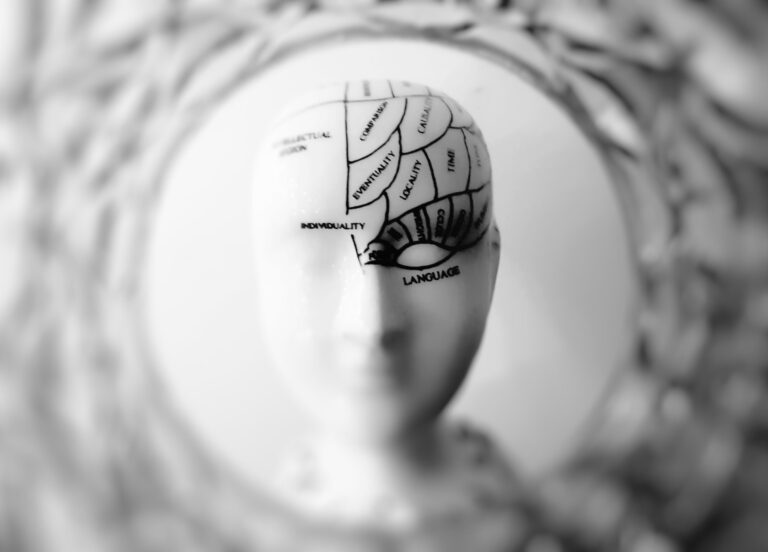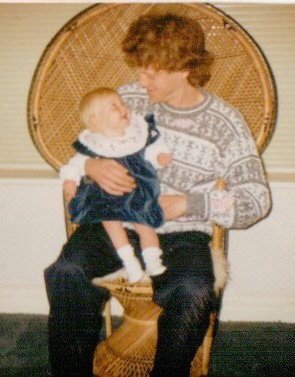4 Simple Coping Strategies For Families With Wrongful Death
Enduring the loss of a loved one is an unimaginable pain, and when that loss is due to wrongful circumstances, the emotional burden becomes even more intricate and overwhelming for grieving families. Wrongful death cases, arising from negligence, malpractice, or intentional harm, not only fracture lives but also imprint enduring effects on those left behind. Amidst the grief, it is crucial for families to grapple with the emotional complexities they confront.
4 Simple Coping Strategies For Families With Wrongful Death
Seek Legal Guidance
Navigating the legal dimensions of a wrongful death case can be emotionally taxing. Families not only grapple with the mourning process but also confront the task of pursuing justice for the wrongful act that led to the death. Engaging the services of an empathetic and seasoned attorney can provide families with the legal support necessary to hold those responsible accountable. Knowing that justice is actively pursued can provide a sense of validation for the family’s grief, enabling them to direct their emotions toward a constructive goal. Plus, a personal injury lawyer can enable families to make sure they’re on the right path as they work on moving forward.
Acknowledge and Validate Grief
The initial step in handling the emotional aftermath of wrongful death involves recognizing and validating the grief experienced. The loss of a loved one under such circumstances often triggers a unique set of emotions, including anger, guilt, and confusion. Processing these sentiments can be challenging for families dealing with the injustice surrounding the loss. It is imperative for family members to acknowledge the validity of their emotions and seek support from friends, family, or mental health professionals. Establishing a safe space for candid discussions about these intricate emotions can facilitate the healing process.
Establish a Support System
The emotional toll of wrongful death often leads to isolation, with the grieving process differing among family members. Establishing a robust support system is crucial for families to lean on during this challenging period. Support may come from friends, family, support groups, or grief counseling. Connecting with others who have undergone similar losses can foster a sense of understanding and empathy. Sharing memories, expressing emotions, and receiving support from those who care can aid families in navigating the journey of grief collectively.
Focus on Self-Care
In the midst of legal proceedings and emotional upheaval, families must prioritize self-care. Grieving individuals often neglect their physical and emotional well-being, which can lead to further complications. Encouraging healthy habits such as regular exercise, proper nutrition, and sufficient sleep can contribute to overall well-being. Seeking professional counseling or therapy can equip families with coping mechanisms and strategies to navigate the intricate landscape of grief. Allocating time for activities that bring joy and solace can serve as a potent tool in the healing process.
Wrongful death imposes a complex and profound emotional toll on families. Acknowledging and validating grief, seeking legal guidance, establishing a support system, and focusing on self-care are essential coping strategies for families confronting this distressing situation. While the path to healing may be lengthy and demanding, these strategies offer a roadmap for families to negotiate the intricate emotional terrain of wrongful death, aiding them in moving toward a trajectory of recovery and restoration. They are not a quick solution or an answer to any potential problems. Instead, they’re a way for the families to get the support and help they need as they push forward and learn to live with their grief and the loss of a loved one.
Conclusion
In conclusion, the emotional toll of wrongful death on families is profound and navigating this challenging time requires both external support and internal resilience. Firstly, seeking legal guidance can provide a sense of direction and justice, helping families navigate the complexities of the situation. Equally important is the need to acknowledge and validate grief. It’s crucial for family members to allow themselves to feel and express their emotions as part of the healing process. Establishing a strong support system, whether through friends, family, support groups, or professional counselors, offers a vital network of empathy and understanding.
Lastly, focusing on self-care is essential. Taking care of one’s physical, emotional, and mental well-being can help in coping with the stress and sadness of such a significant loss. Together, these strategies can provide a foundation for families to begin the process of healing and finding a way forward after a wrongful death.










